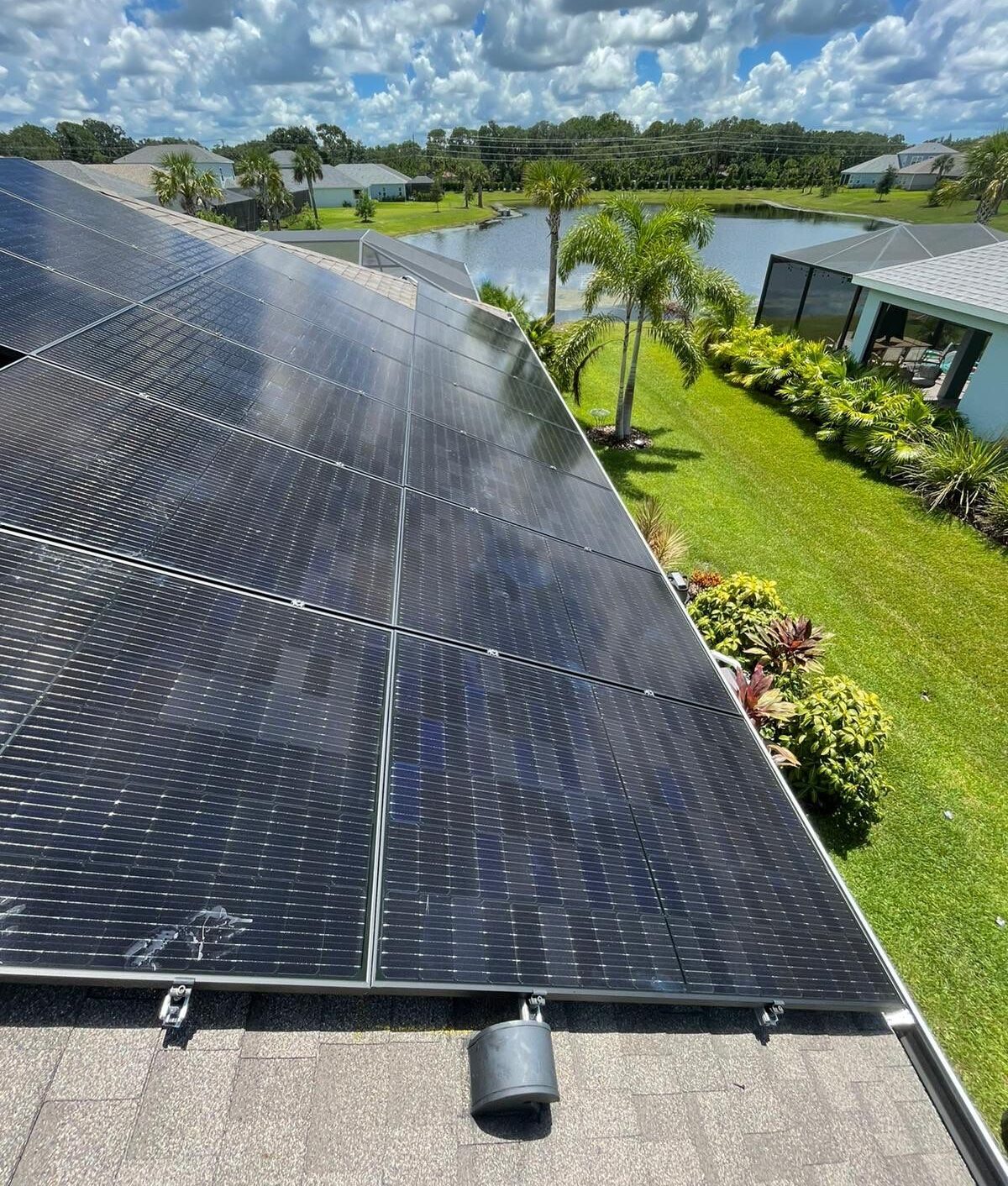
Key Points of the Federal Solar Tax Credit
- The federal solar tax credit is known as the “residential clean energy credit” in the Inflation Reduction Act of 2022.
- If you do not use all the tax credits your first year, you can roll them over to the following year.
- The solar system tax credit aligns with when your system started servicing and generating electricity for your home.
- You must purchase, not lease the solar system and it must be deemed operational by a city inspector.
- As of January 1, 2023, battery storage can be claimed on the tax credit as part of the solar system, or as its own solar electric property.
- The solar tax credit can be claimed on IRS Form 5695.
- There is no maximum amount that can be claimed.
- This tax credit is non-refundable.

